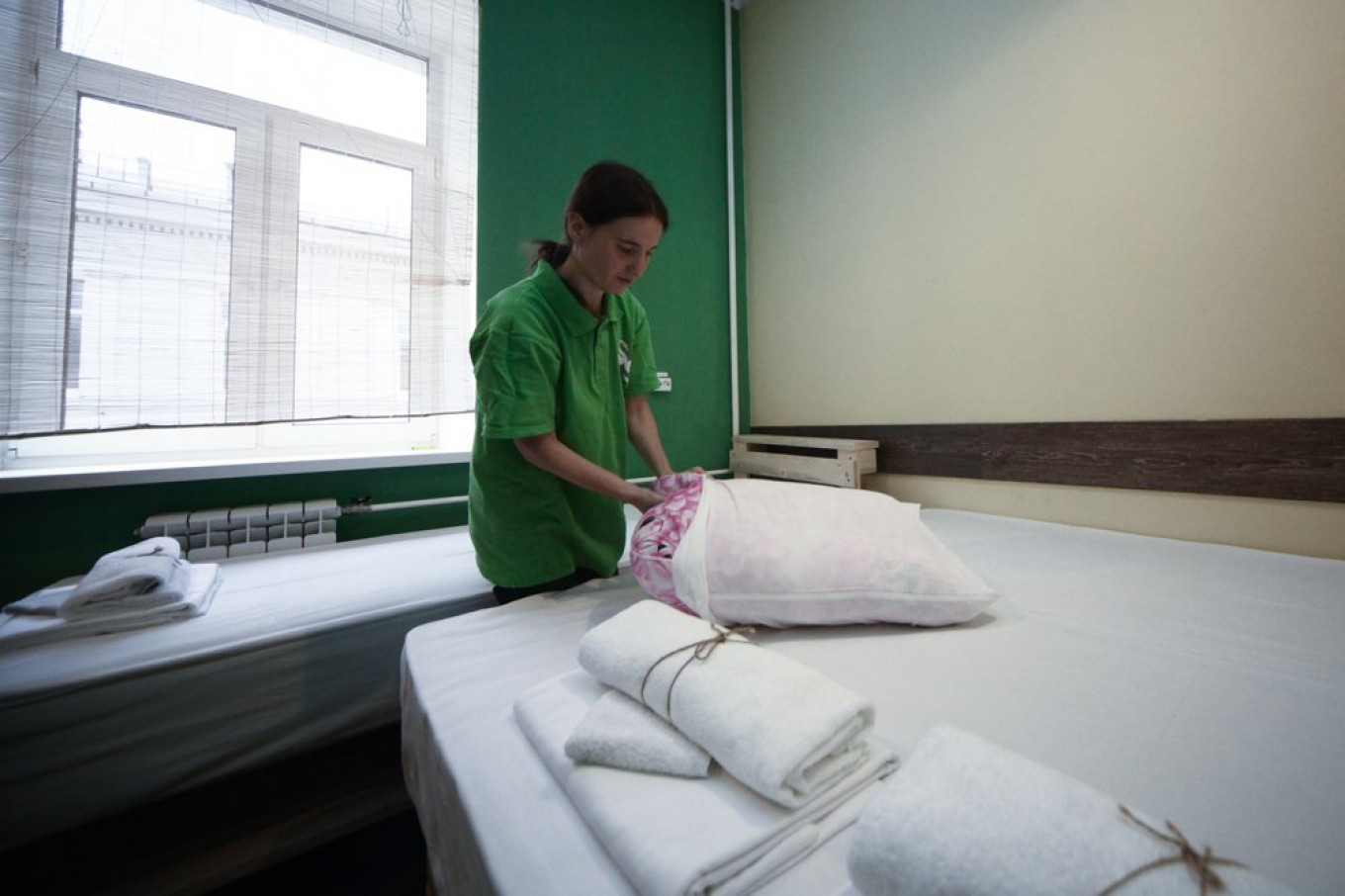
Russian senators have passed a bill on Wednesday banning hostels in residential buildings, sending the bill to President Vladimir Putin’s desk to be signed into law.
Hoteliers have warned that the ban could shutter up to 40 percent of hostels in Moscow and 80 percent in St. Petersburg, costing 16 billion rubles ($243 million) of losses in yearly tax revenue. NGOs had said that the ban could criminalize an estimated 10,000 apartment owners who rent out their properties on Airbnb in Moscow.
The upper-house Federation Council voted in favor of the bill on Wednesday after sending it back to the State Duma last month and asking them to postpone the date it becomes effective.
The Duma approved the bill again on April 4 after settling on Oct. 1, 2019 as the ban’s implementation date.
Hostels and guest houses will have until this fall to adhere to the law, which may require them to install separate entrances, fire alarms and sanitation, as well as soundproofing facilities.
“The law aims to balance the interests of apartment building residents, [tourists] and business representatives who own hostels,” said Oleg Melnichenko, chairman of the Federation Council Committee on Federal Structure, Regional Policy and Local Government.
The amendment to Russia’s Housing Code requires Putin’s vote before it becomes law.
